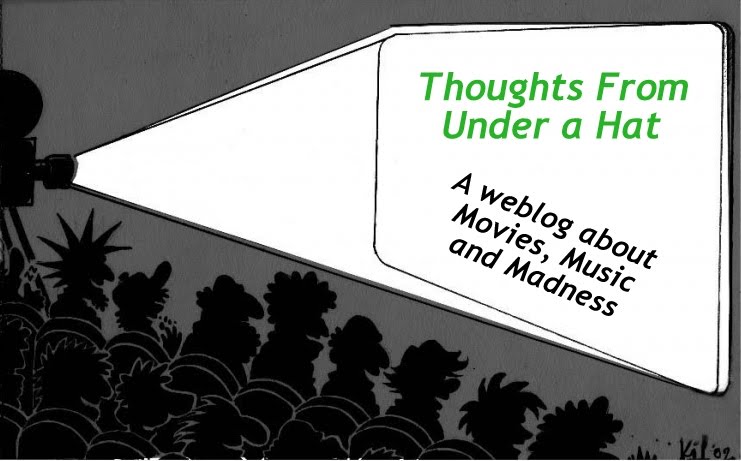Giving a synopsis of The Fall is practically impossible. Not because there is a lack of things happening, or because the story doesn't make sense, but because everybody will remember this film differently. On a very superficial level, it's about Alexandria, a little girl from an undetermined eastern European background who is in the hospital to recover from a broken arm. By circumstance, she meets up with Roy, a suicidal stuntman. Even though he is in a horrible condition, he is a very nice man, and to pass the time (and other reasons I won't disclose here) he tells Alexandria stories. They are the most fantastic stories: tales of brave bandits, beautiful princesses and exotic locations. The main characters are a masked bandit, an Italian explosives expert with cigar and mustache, and Indian (from India), a mystic who emerges from a tree, a freed slave and an English naturalist who goes by the name of Charles Darwin.
These stories take shape in the way only bedtime stories can: almost like a conspiracy between the storyteller and the listener. Roys worsening condition and Alexandria's youthful innocence come together in the story, and as it progresses more and more of the outside world is brought in on it. The real life, the life of adults outside these stories is extensively hinted towards, but never truly revealed. A puzzle-oriented viewer will be able to disclose a lot from the hints that are given, but a more romantic viewer might simple let the visuals engulf him.
The first part of the movie, which is set in the hospital, is portrayed with such artistry that even the most mundane and bleak of moments are so pretty it's almost kitschy. Alexandria is a curious child, and the world through her eyes is a place of simple beauty in the way only a child can conceive. But when we enter the world of the stories the visuals just become breathtakingly beautiful. To say this is one of the most beautiful and imaginative use of sets and costumes I have ever seen would be an understatement. This is the stuff dreams are made off, and what makes it ever more mind-boggling is the claim that the movie uses absolutely no computer-generated effects. No matter how impressive the screenshots here might be, they pale in comparison to the film in motion.
Alias
It took a while for me to find an appropriate piece of music.

No comments:
Post a Comment